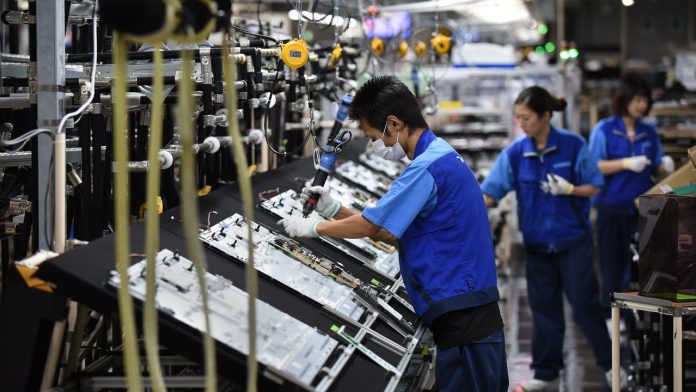Who in Japan, a country famous for its hard working hours, would have thought that a shorter working week could become a reality? The forerunners of this new awareness were Microsoft Japan is introducing a one-month short work week (Only four days in the office, Monday to Thursday, without reducing pay). An experiment a few years ago proved profitable with a huge jump in productivity: from an analysis of sales per employee, it was found that workers were about 40% more productive during the shorter working weeks of August than in the same month of the previous year.
Panasonic, first time in Japan
Recently hi-tech giant Panasonic has also decided to embrace the cause by introducing its employees (for now, to its Japanese offices). Optional four-day work week. A declaration motivated by a desire to guarantee more free time for workers, which can be used by employees to continue their studies, volunteer, pursue their hobbies, and even take on another job. “We must support the well-being of our employees,” said Panasonic CEO Kusumi YukiShifting the Bar of Satisfaction: From Corporate to Individual Employees.
A daring act of Panasonic, if we exclude Microsoft’s experiment, the first in the Japanese country to start the short week following the recommendation of the Council for Economic and Fiscal Policy, which in June 2021 in its annual guidelines on the region. Stressed the need to start short weeks by encouraging employers to experiment with the new model.
Countries Where the Short Week Is a Reality (and a Priority)
starting 1 january United Arab Emirates They have reduced the working week for public employees: from five days to four and a half. According to the official news agency WAM, it is first country in the world to make such a choice. A trend that other countries are also encouraging by allocating large sums of money. For example, Finland, Scotland and Iceland are promoting policies to reduce working hours. But several companies that have been successfully experimenting with short week mode independently, Buffer, which also started experimenting in 2020, and Unilever, which is doing it at 81 employees. New Zealand, In 2023, the continuously updated list will also be added. kickstarter.
a possible revolution
“A potential revolution,” said Finnish Prime Minister Sanna Marin At the time of its opening in 2020, now two years ago.
Today the pandemic has caused an inevitable acceleration of resilience in place – with smart working – and shed light on the problems of stress and burn out Because of overwork and the need to find places of independence for myself and family. For many, the recovery from an unprecedented stalemate and deep recession has thus become an opportunity for profound change that could otherwise take many more years. and in this connection The four-day work week could be the next “potential” revolution we really need.
Other Vanity Fair stories that might interest you:
Is Blue Monday Really the Saddest Day of the Year?
Kovid and Kama, 7 recurring doubts disbanded by a lawyer
Psychological Bonuses Why is mental health not worth the investment?

Devoted problem solver. Tv advocate. Avid zombie aficionado. Proud twitter nerd. Subtly charming alcohol geek.







